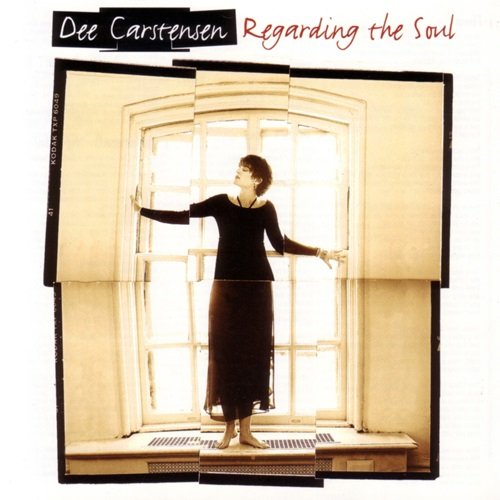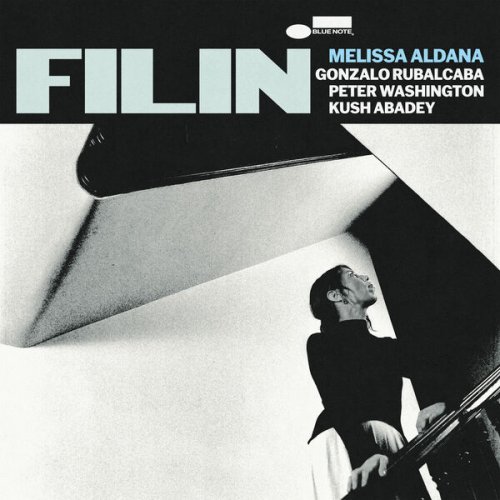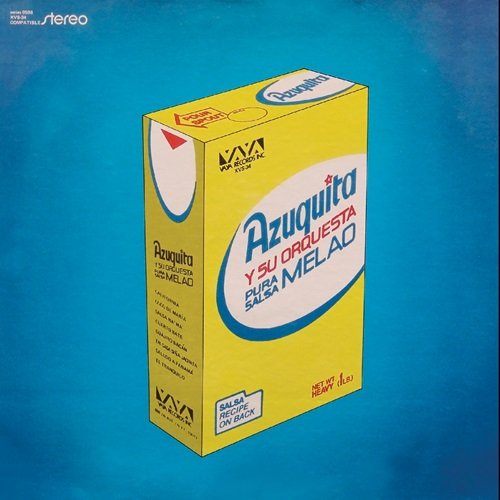Hungarian National Philharmonic Orchestra, György Vashegyi - Jules Massenet: Werther (2024) [Hi-Res]
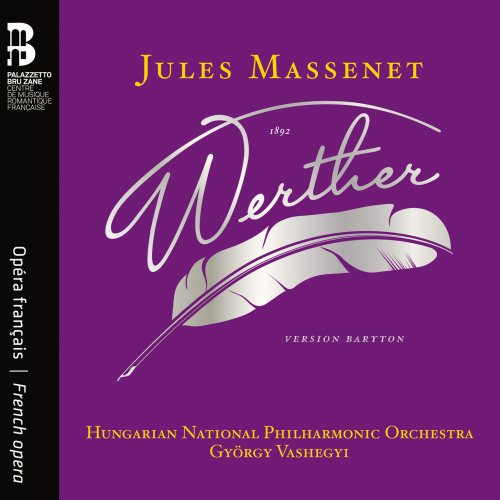
Artist: Hungarian National Philharmonic Orchestra, György Vashegyi
Title: Jules Massenet: Werther
Year Of Release: 2024
Label: Bru Zane
Genre: Classical
Quality: flac lossless (tracks) / flac 24bits - 48.0kHz +Booklet
Total Time: 02:06:40
Total Size: 595 mb / 1.22 gb
WebSite: Album Preview
TracklistTitle: Jules Massenet: Werther
Year Of Release: 2024
Label: Bru Zane
Genre: Classical
Quality: flac lossless (tracks) / flac 24bits - 48.0kHz +Booklet
Total Time: 02:06:40
Total Size: 595 mb / 1.22 gb
WebSite: Album Preview
CD1
01. Werther: Prélude
02. Werther, Act I: Scène. Assez ! Assez !...
03. Werther, Act I: Scène. Bravo pour les enfants !
04. Werther, Act I: Scène et Air. Alors, c’est bien ici
05. Werther, Act I: Scène. Charlotte ! Charlotte !
06. Werther, Act I: Scène. Arrivez donc, Brühlmann !
07. Werther, Act I: Scène. Ô spectacle idéal.
08. Werther, Act I: Scène. Sophie !
09. Werther, Act I: Air. Elle m’aime... elle pense à moi !...
10. Werther, Act I: Clair de lune. Il faut nous séparer...
11. Werther, Act I: Clair de lune, suite. Hélas ! oui... Mes enfants…
12. Werther, Act I: Clair de lune, suite. Rêve ! Extase ! Bonheur !
13. Werther, Act I: Clair de lune, suite. Charlotte !... Albert est de retour !...
14. Werther, Act II: Prélude
15. Werther, Act II: Scène. Vivat Bacchus ! Semper vivat ! C’est dimanche !
16. Werther, Act II: Scène. Allez ! chantez l’office et que l’orgue résonne !
17. Werther, Act II: Scène. Trois mois ! voici trois mois que nous sommes unis !
18. Werther, Act II: Air. Un autre est son époux !
19. Werther, Act II: Scène. Si ! Käthchen reviendra, je vous dis !
20. Werther, Act II: Duo. Au bonheur dont mon âme est pleine
21. Werther, Act II: Air. Frère, voyez le beau bouquet !
22. Werther, Act II: Scène. Heureux ! pourrai-je l’être encore !
23. Werther, Act II: Scène et Duo. Ai-je dit vrai ? L’amour que j’ai pour elle
24. Werther, Act II: Duo, suite. Ah ! qu’il est loin ce jour plein d’intime douceur
25. Werther, Act II: Duo, suite. Werther ! N’est-il donc pas d’autre femme
26. Werther, Act II: Scène. Oui, ce qu’elle m’ordonne
27. Werther, Act II: Air. Lorsque l’enfant revient d’un voyage avant l’heure
28. Werther, Act II: Scène. Mais venez donc ! le cortège s’approche
CD2
01. Werther, Act III: Prélude
02. Werther, Act III: Air. Werther ! Werther !...
03. Werther, Act III: Scène. Bonjour, grande sœur ! je viens aux nouvelles
04. Werther, Act III: Air. Ah ! le rire est béni, joyeux, léger, sonore !
05. Werther, Act III: Scène. Écoute ! je suis d’âge à savoir les raisons
06. Werther, Act III: Air. Va ! laisse couler mes larmes !
07. Werther, Act III: Scène. Tiens, Charlotte, crois-moi, ne reste pas ici…
08. Werther, Act III: Air. Ah ! Mon courage m’abandonne !
09. Werther, Act III: Duo. Ciel ! Werther !
10. Werther, Act III: Stances. Toute mon âme est là !
11. Werther, Act III: Duo. N’achevez pas !
12. Werther, Act III: Duo, suite. Ah ! moi ! moi ! dans ses bras !
13. Werther, Act III: Arioso. Rien !... pas un mot... elle se tait
14. Werther, Act III: Scène. Werther est de retour... on l’a vu revenir…
15. Werther, Act IV: Symphonie. La Nuit de Noël
16. Werther, Act IV: Scène. Werther ! Werther ! Rien !...
17. Werther, Act IV: Scène. Charlotte ! Ah ! c’est toi !
18. Werther, Act IV: Scène. À cette heure suprême
19. Werther, Act IV: Scène. Noël ! Noël ! Noël !
20. Werther, Act IV: Scène. Ah !... Ses yeux se ferment !... sa main se glace…
Massenet’s Werther is one of those masterpieces that were rejected or shunned at the time of their creation. Sketched in the 1880s, the score was turned down by the director of the Opéra-Comique and had to make do with a premiere in German, far from Paris, before finally being heard in Paris in 1893. It gradually established itself as one of the composer’s most personal works, in which he showed himself to be as fine a colourist as he was a master of the art of the ‘motif de rappel’. In adapting Goethe’s novel, Massenet and his librettists gave greater prominence to the character of Charlotte, thus placing the struggle between duty and passion at the centre of the narrative. The role of Werther, originally assigned to a tenor, was also sung by the baritone Mattia Battistini with the composer’s approval. Provided the singer makes skilful use of voix mixte , this version gives the work a melancholy colouring ideal for portraying its hero’s suicidal temperament. Tassis Christoyannis follows this approach in exemplary fashion, opposite the reserved yet moving Charlotte of Véronique Gens. Both singers give the text the preponderant role allotted to it by French operatic tradition.
![Abraham Réunion - Jaden an nou (2026) [Hi-Res] Abraham Réunion - Jaden an nou (2026) [Hi-Res]](https://www.dibpic.com/uploads/posts/2026-02/1770745777_folder.jpg)
![Future Backup, Volker Heuken, Lukas Grossmann, Johannes Koch - Golden (2026) [Hi-Res] Future Backup, Volker Heuken, Lukas Grossmann, Johannes Koch - Golden (2026) [Hi-Res]](https://www.dibpic.com/uploads/posts/2026-02/1770729046_folder.jpg)
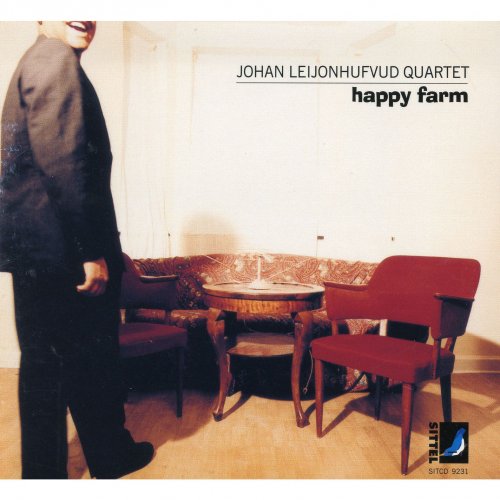
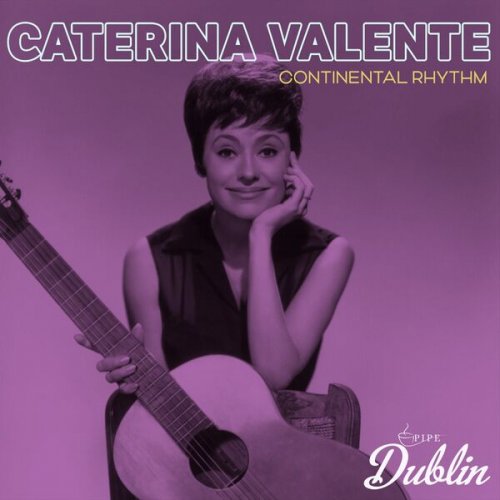
![Sonny Rollins - Saxophone Colossus (1956) [2022 DSD256] Sonny Rollins - Saxophone Colossus (1956) [2022 DSD256]](https://www.dibpic.com/uploads/posts/2026-02/1770879494_folder.jpg)
![Mama Badema Sissoko - Diamond Fingers (2026) [Hi-Res] Mama Badema Sissoko - Diamond Fingers (2026) [Hi-Res]](https://img.israbox.com/img/2026-02/14/c0n712ykaoqm3p9yoqdmhda1i.jpg)
